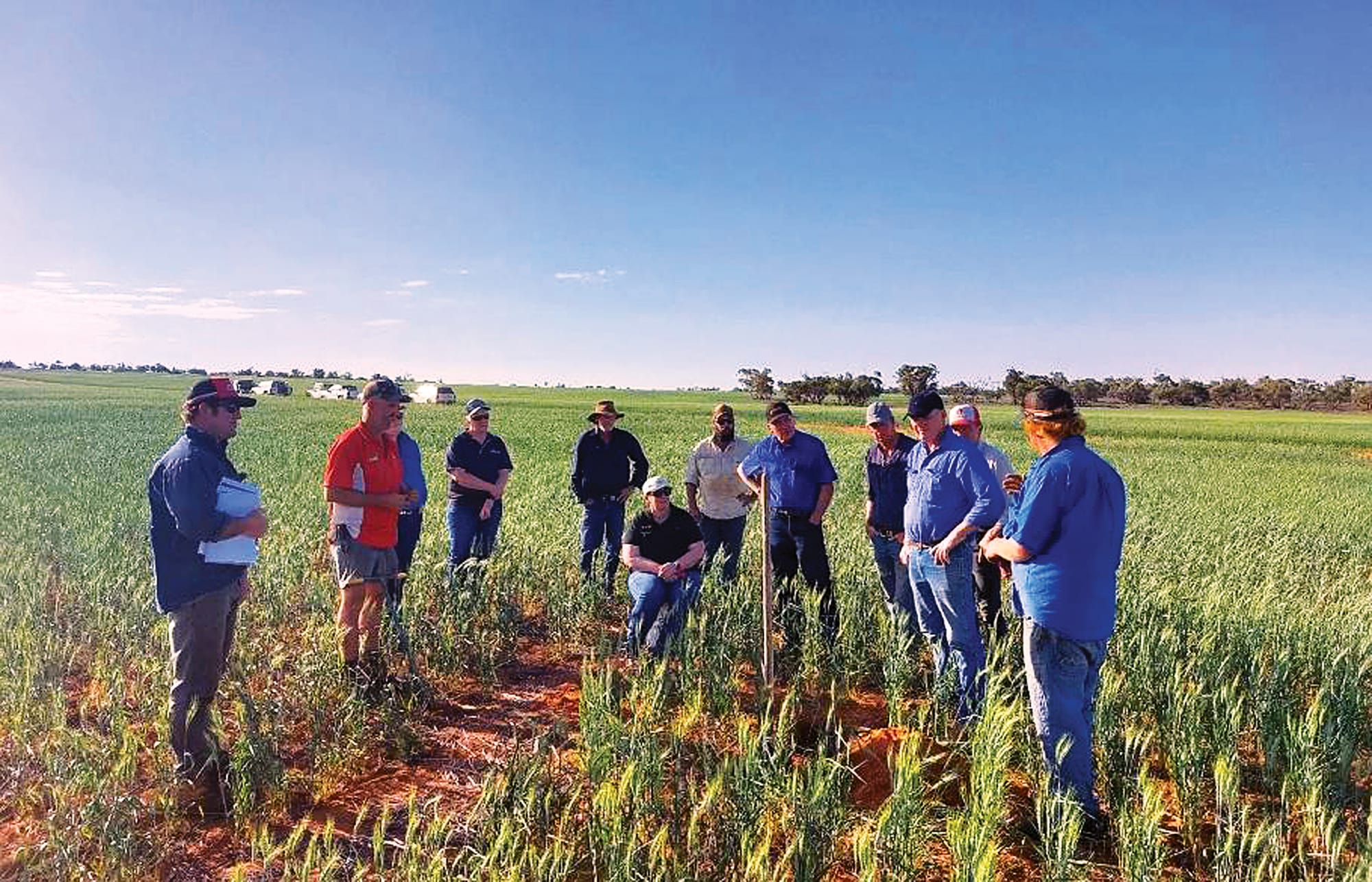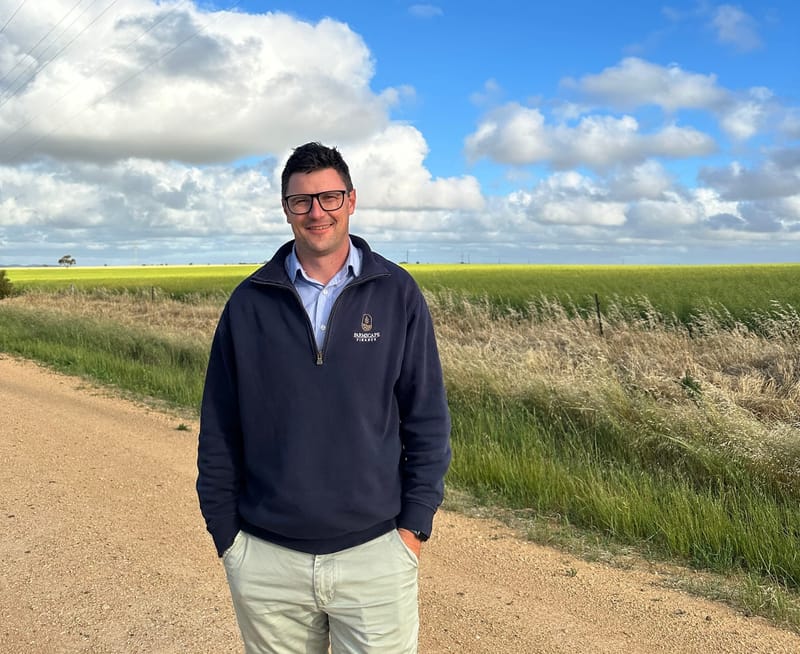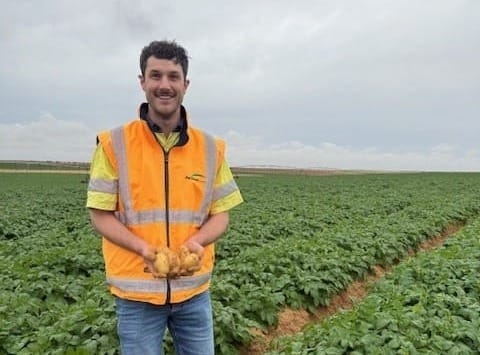Sowing wheat early and deep in the Mallee – does variety matter?
EARLY sowing into deep subsoil moisture can give crops a significant head-start, especially in the challenging conditions of the Mallee.

EARLY sowing into deep subsoil moisture can give crops a significant head-start, especially in the challenging conditions of the Mallee.
Mallee Sustainable Farming recently explored the benefits of early and deep sowing with two wheat varieties, hammer (regular coleoptile) and calibre (longer coleoptile).
What happened?
Wheat was sown on three different dates – April 18, May 1, and May 16 – at about 10cm depth – approximately double the usual depth – to access stored moisture from summer rains. Results were promising:
- Early-sown wheat, on April 18 and May 1, emerged well on stored moisture within 10 days.
- Late-sown wheat, on May 16, emerged only after rain in June.
- Variety had minimal impact on emergence, as both hammer and calibre successfully established.
Despite very-dry winter conditions, early-sown wheat showed markedly better biomass and quicker development compared to the later-sown crops. Although final yields were similar across dates and varieties, at 1.2 to 1.4t/ha, early sowing showed clear agronomic benefits, like improved early growth and ground cover.
Farmer insights
Mallee farmer Nigel Baird was impressed by the results, noting early-sown crops looked better all season.
He also noted the regular (shorter coleoptile) variety emerged well from depth, reducing concerns around coleoptile length.
The importance of summer weed control in conserving moisture for early sowing was another key takeaway.
Agronomist recommendations
Elders agronomist Peter Baird thinks early sowing is definitely worth considering when sub-surface moisture is available, noting the following advantages:
- Better early growth, biomass, and ground cover.
- Likely yield increases of up to 0.5t/ha.
- Reduced risk of crops ripening too late.
For deep sowing to work though, several conditions need to be met, such as good rotations, proactive summer weed control, low-weed pressures, adequate nutrition, suitable machinery, and timely farm operations.
There’s also a need to manage frost risk by having a spread of crop types and sowing dates.
The trials reinforced that early deep sowing is definitely worth considering when there is sub-surface soil moisture in Mallee soils.
This work was supported by the Australian Government’s Future Drought Fund.





